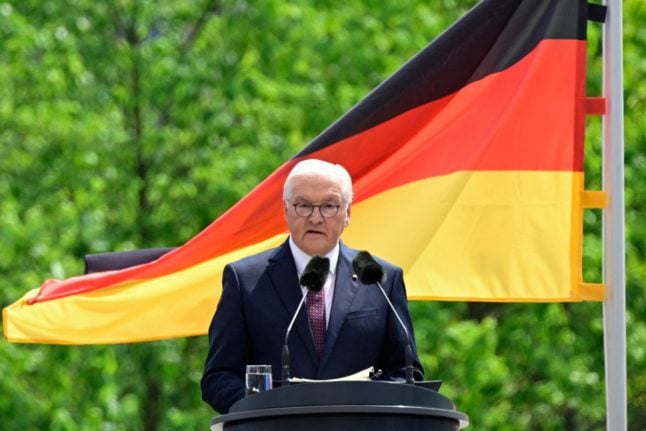On Friday, the government of Mahamat Idriss Deby Itno, proclaimed head of state by the army two years ago, asked the German diplomat to leave within 48 hours for “non-respect of diplomatic practices”.
“The ambassador of Germany to Chad, Jan Christian Gordon Kricke, took an Air France flight Saturday evening,” said Foreign Minister Mahamat Saleh Annadif.
His departure was also confirmed to AFP by government spokesperson Aziz Mahamat Saleh. Officials did not specify the exact reasons for his expulsion.
But a Chadian government official, who spoke on condition of anonymity, told AFP that N’Djamena was critical of the diplomat for “interfering too much” in the “governance of the country”, as well as for “remarks tending to divide Chadians”.
A German foreign ministry official on Friday deemed the reasons for expelling their ambassador, who had held the post since July 2021, “absolutely incomprehensible”.
Deby Itno, then a young 37-year-old general, was proclaimed president on April 20, 2021, when his father who had led the vast Sahelian country for 30 years was killed by rebels.
The military junta initially promised to hand power to civilians through “free and democratic elections”, however in October, Deby’s rule was extended for two years.
The move has been boycotted by the opposition and main rebel movements.
The German embassy joined others such as France, Spain and The Netherlands in expressing its concern over the delayed return to democracy.
Main opposition leaders have been in exile or in hiding since demonstrations against the ruling junta in October turned violent, officially leaving 73 people dead, although NGOs claim the number was much higher.



 Please whitelist us to continue reading.
Please whitelist us to continue reading.
Member comments